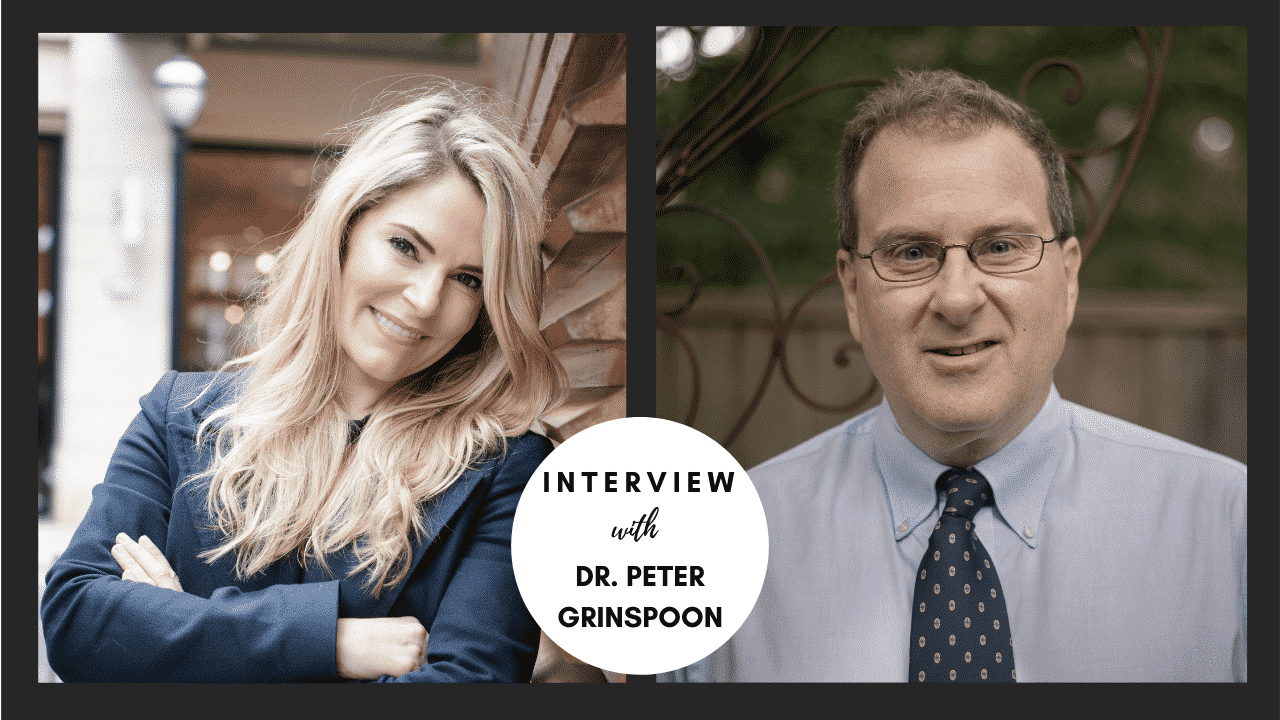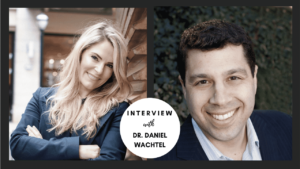Cannabis use, marijuana, and medical marijuana is becoming more and more acceptable and popular among older adults.
In fact, millions of people are finding it useful for chronic pain, insomnia, anxiety, PTSD, fibromyalgia, colitis, and a wide variety of medical conditions. This is not, however, without controversy or side effects.
I’ve even heard dementia caregivers giving CBD to their loved ones living with dementia to help manage insomnia and agitation.
Admittedly, I am naive when it comes to cannabis use for any age group, and especially for older adults. Not to mention cannabis use with dementia disorders.
For answers to some of my burning questions and to help deepen our understanding of cannabis use in older adults, I invited Dr. Peter Grinspoon on the podcast to share with us the pros and cons of cannabis use in older adults, the risks and benefits, and even cannabis use with older adults with dementia.
Here’s a peak inside my interview with Dr. Grinspoon:
- [03:21] Learn what led renowned physician, Dr. Peter Grinspoon, to be an advocate for medical marijuana.
- [11:17] Dr. Grinspoon shares the current trends of cannabis use in older adults
- [15:11] In desperation to manage insomnia and agitation so common with dementia, more and more caregivers are giving CBD to their loved one with dementia, learn about the risks and benefits of doing this.
- [18:46] With so much stigma around cannabis use over the past 80 years, physicians and their patients are out of practice in talking about marijuana use. Dr. Grinspoon shares tips for helping patients and providers discuss cannabis use.
- [23:55] Are you an older adult considering trying cannabis use for the first time as an older adult, consider these recommendations by Dr. Grinspoon.
- [30:48] My own mom has had a complex medical and mental health history and began using medical marijuana several years ago. I share about my mom’s medical journey, with her permission, of course.
- [35:31] Cannabis isn’t for everyone. Find out if you should steer clear from medical marijuana.
- [38:12] The medical community has concerns and objections about cannabis use– discover what they are.
About Dr. Peter Grinspoon
Peter Grinspoon, M.D. is a primary care physician at Massachusetts General Hospital and an Instructor in medicine at Harvard Medical School. He is a certified health and wellness coach. He is currently serving as a board member of the advocacy group Doctors For Cannabis Regulation, which works towards legalizing cannabis with an eye toward social justice issues.
Dr. Grinspoon is a Contributing Editor to Harvard Health Publications. In recovery from opiate addiction, he has been a national leader on the issue of physician health and has served as an Associate Director of the Massachusetts Physician Health Service, helping physicians with addiction and mental health issues. He is the author of the memoir Free Refills: A Doctor Confronts His Addiction published by Hachette Book Group, which was optioned by MarVista Entertainment.
Learn more about Dr. Grinspoon, here: http://www.petergrinspoon.com/
Connect with Dr. Grinspoon on Twitter: @Peter_Grinspoon
Resources mentioned in this episode:
- Doctors for Cannabis Regulation
- National organization of Reform Marijuana Laws
- Learn about the late, Dr. Lester Grinspoon, in this NY Times article
Learn more about older adults and cannabis use
- Peer reviewed article: Marijuana Use Among Adults 50 Years or Older in the 21st Century
- Older Adults and Medical Marijuana by Dr. Peter Grinspoon, Harvard Health Blog





